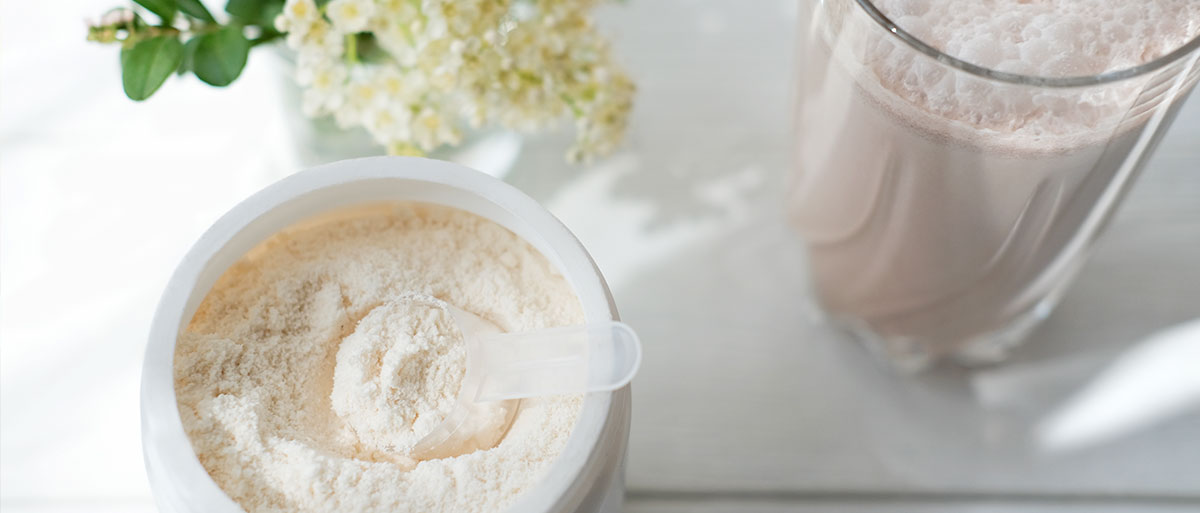Dairy is a nutritional powerhouse and a great source of high-quality protein. In fact, one glass of milk provides 8 grams of high-quality protein plus eight other essential nutrients, such as calcium, vitamin D and vitamin B12. Whey and casein are the two primary proteins found in milk, but what’s the difference between the two and how are they beneficial?
Check out this chart for the breakdown.
|
Whey – The Post-Workout Protein |
Casein – The Bedtime Protein |
|
Rapid digestion |
Slow digestion |
|
Promotes muscle repair and growth |
Prevents muscle breakdown |
|
Affordable way to increase protein intake (about $18 per 2-lb. container) |
Slightly more expensive way to increase intake (about $35 per 2-lb. container) |
|
Commonly used right after a workout for maximum amino acid absorption and muscle growth |
Commonly used before bed because of the gradual release of amino acids to the muscles over a longer period |
|
Nutritional Facts: (per 1 scoop, 30 grams) Calories: 120 Fat: 1.5 grams Carbohydrates: 3 grams Protein: 24 grams Calcium: 10% of the recommended daily intake |
Nutritional Facts: (per 1 scoop, 33 grams) Calories: 120 Fat: 1 gram Carbohydrates: 3 grams Protein: 24 grams Calcium: 50% of the recommended daily intake |
Outside of preventing muscle breakdown and building muscle, both whey and casein contain bioactive compounds that have been shown to benefit overall health. In fact, studies show that diets higher in protein may help preserve muscle mass as we age in addition to helping with weight maintenance and satiety. The best option is a combination of both proteins, and milk is a great choice – with approximately 80% of the protein in milk coming from whey and the other 20% from casein.
While you can easily find whey and casein in protein drink mixes and energy bars, you might be surprised at their versatility. Unflavored whey protein is neutral in flavor, making it a great nutritious addition to soups, sauces, oatmeal, smoothies or protein shakes, baked goods and many other foods. Or make your snacks high protein and highly nutritious by choosing foods naturally containing whey and casein – like milk, yogurt and cheese – that will help keep you feeling full and satisfied!
“Milk” your competitive edge! Learn more about dairy and sports nutrition.




